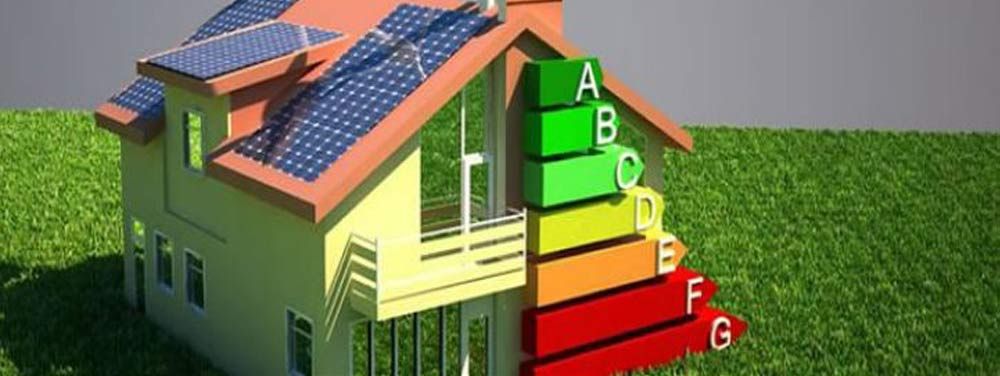Retrofitting your home: what you need to know

Retrofit is simply the process of making changes to existing buildings so that energy consumption and emissions are reduced. It should also bring the benefit of a more comfortable and healthier home.
Retrofitting your home: what you need to know
If you want to lower your energy bills and reduce your carbon footprint, retrofitting your home is a great option. Retrofitting means making changes to your existing building to improve its energy efficiency and performance. It can also make your home more comfortable and healthier to live in.
Some examples of retrofitting measures are:
- Installing insulation in the walls, roof, floor, and windows
- Replacing old boilers and appliances with more efficient ones
- Installing renewable energy systems such as solar panels or heat pumps
- Improving ventilation and air quality
- Using smart meters and thermostats to monitor and control your energy use
Many of these measures work better in combination than they do independently so a whole-house approach is generally recommended.
Retrofitting your home can have many benefits, such as:
- Saving money on your energy bills
- Reducing greenhouse gas emissions and helping the environment
- Increasing the value and attractiveness of your property
- Enhancing the comfort and well-being of your occupants
- Preserving the character and heritage of your building
However, retrofitting your home can also be a complex and costly process. You need to consider many factors, such as:
- The age, type, and condition of your building
- The local climate and weather conditions
- The availability and cost of materials and labour
- The regulations and standards that apply to your project
- The potential risks and challenges that may arise during and after the work
Therefore, before you start retrofitting your home, you should do some research and planning. You should:
- Assess the current energy performance of your building and identify the areas that need improvement
- Set realistic goals and priorities for your retrofitting project
- Seek professional advice from qualified experts and contractors
- Compare different options and solutions and choose the ones that suit your needs and budget
- Apply for any grants, incentives, or loans that may be available to help you finance your project
- Obtain any necessary permits or approvals from your local authorities
- Monitor and evaluate the results and impacts of your retrofitting project
Retrofitting your home can be a rewarding and worthwhile investment. It can help you save money, reduce emissions, and improve your quality of life.
If you are interested in retrofitting your home, you can start the process by speaking to a Retrofit Assessor. Find your closest Proficiency Retrofit Assessor simply enter your postcode and select the category Domestic Retrofit Assessment at https://proficiency.services/find-a-member
